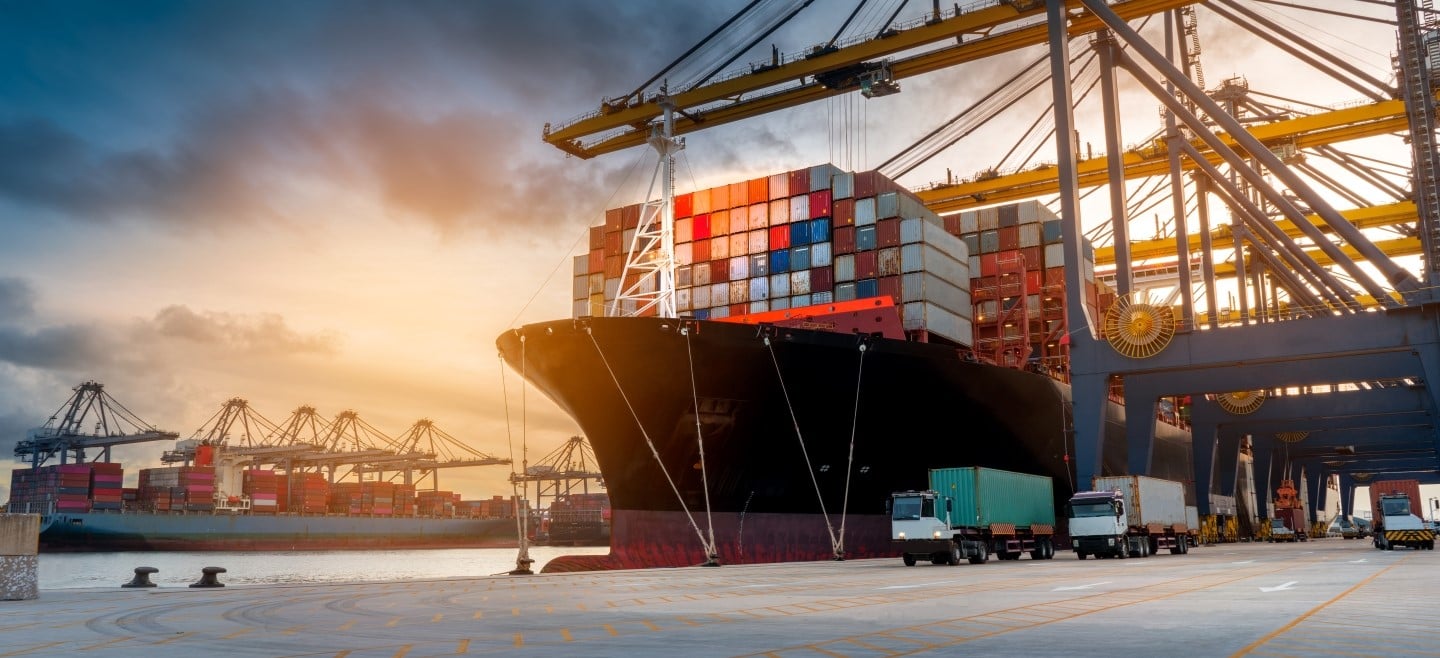
Trade finance plays a vital role in supporting global trade flows. But a series of insolvencies have raised questions over the resilience of this complex sector:
- Rasmala Trade Finance Fund entered voluntary liquidation in May 2025 after ending its defense against a winding-up petition
- Artis Group, a receivables-based trade finance company specialising in mid-market commodity traders and multinationals across the UK, Asia and Middle East entered administration in March 2025
- In December 2024, Stenn International, an invoice financing firm, was placed into administration following accusations of suspicious activity
- Also in December 2024, Kimura Capital closed its commodities trade finance fund over concerns it did not have sufficient working capital to continue operating
- Stronghold Global Finance, a UK based trade finance firm, went into administration in August 2024 following a High Court order over unpaid debts and facing a lawsuit from a client.
These follow in the footsteps of the high-profile failure of Greensill Capital in 2021, which left over $18 billion of receivables outstanding. The speed and scale of these collapses surprised many. As administrators for both Greensill Capital UK Ltd, as well as the asset holding company of Artis (Artis Loanco 1 Plc), we’ve seen that, while the immediate causes for each failure differ, there can be common underlying issues.
Growth without guardrails
Trade finance is a high-volume, low-margin business. Substantial scale is needed to make the business model viable. Sales teams, many of whom do not have a strong grounding in the nuts and bolts of lending, may be incentivised to pursue growth - without the required diligence to balance credit risks. In the early stages of growth, there is often no equivalent investment in developing strong and effective governance frameworks, so lending standards suffer.
Some firms position themselves as fintech platforms, relying on third parties to fund the loans they originate which only adds to the cost and complexity of any unwind. The investment in technology, which is a focus for many firms, quickly evaporates in a distressed scenario.
Due diligence gaps
Trade and commodity finance transactions involve multiple counterparties and jurisdictions. This can be coupled with complex security packages, for example using securitisation structures, ring-fenced receivables or specialised assets. Rigorous due diligence is needed to counter the risks involved. If any one of the multiple third-parties involved fails, there are significant implications for the trade finance lender.
However, finance providers often operate without the specialist expertise or systems necessary to conduct robust due diligence. The costs and infrastructure necessary to do this can be viewed as prohibitive, especially given the context as a high volume, low margin sector. Indeed, the trading parties of these firms are often in jurisdictions where reliable financial information can be difficult to source without the debtors’ full co-operation.
Over-reliance on trade credit insurance
In the absence of robust internal due diligence, many trade finance providers rely on trade credit insurance. But this dependency on insurance introduces a significant weakness into the business model.
Firms can quickly find themselves in a downwards spiral – the more claims they make, or the higher the borrower’s risk profile, the more expensive premiums become, undermining profitability. It also increases the likelihood of the insurer not renewing coverage - a significant contributing factor in the failure of Greensill.
Premium costs are highly sensitive to geopolitical uncertainties or economic stability, and finance providers can experience significant cost increases within a short period of time.
Complex exclusions and deductibles can mean that payouts are denied. There can also be waiting periods, which determine the period of time that must pass after a default before the business can file a claim. This can have a significant impact on liquidity and cash flow and precisely the time when the business is vulnerable.
Fraud risk is rising
Multiple intermediaries, jurisdictions and languages, combined with inadequate due diligence checks means there can be a high risk of fraud in the sector.
Fraudulent activity in international trade is on the rise. A report from the International Maritime Bureau in September 2024 showed that suspicious trade documents were up by 11.4% year on year.
Paper documentation makes it easy to forge shipping documents or bribe customs officials to issue certificates of origin or inspection. The increasing use of digital platforms and AI has opened up new ways for fraud as cybercriminals are able to hack systems to alter documentation.
Trade and commodity finance transactions can be seriously undermined by fake invoices, phantom counterparties or double-pledged assets, leaving all parties exposed to considerable risk.
The failure of Stenn drew attention to this issue - many counterparties whose invoices were supposedly invoiced have denied any trade relationship.
Low regulatory oversight
Non-bank lenders have proliferated in the trade finance sector – many backed by private equity. According to an S&P Global report, non-bank lenders held 25% of the market in 2024, up from 15% in 2021. Unlike traditional banks, they operate with limited regulatory oversight. They are authorised by the FCA for anti-money laundering purposes only and are not subject to the same prudential supervision or capital requirements as banks.
While this lack of regulation has enabled firms to grow rapidly, which is beneficial to both the market and investors, it has also provided space for the risks outlined above.
These recent firm failures act as a balancing note to firms as well as lenders and investors in the sector: appropriate governance, due diligence and performance metrics are essential.
Having worked on the insolvencies of both Greensill and Artis to optimise returns for creditors, we have significant experience and insight in this sector. We look forward to talking to you if you would like to discuss any of the issues raised.
Straight to your inbox












